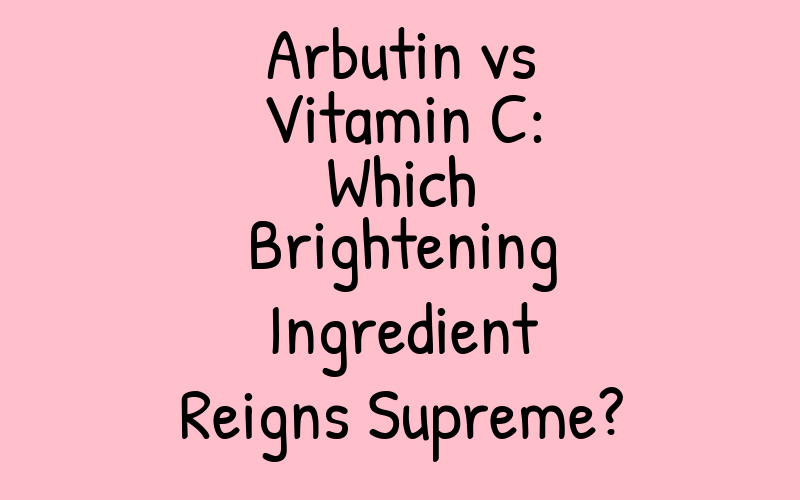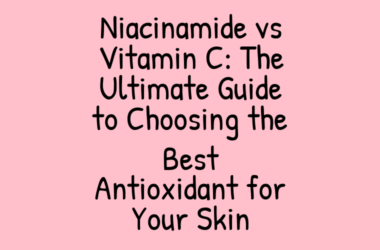Table of Contents
Arbutin vs Vitamin C: The Ultimate Brightening Showdown
When it comes to achieving a brighter, more even-toned complexion, there are countless skincare ingredients vying for attention. Two of the most popular and effective options are Arbutin and Vitamin C. Both have gained a reputation for their ability to reduce the appearance of dark spots, hyperpigmentation, and fine lines, leaving skin looking smoother and more radiant. But which one truly reigns supreme? In this article, we’ll delve into the world of Arbutin and Vitamin C, exploring their mechanisms of action, benefits, and potential drawbacks to help you make an informed decision about which brightening ingredient is right for your skin.
What is Arbutin?
Arbutin is a naturally occurring beta-glucoside found in the leaves and fruits of the bearberry plant (Arctostaphylos uva-ursi). It’s a popular ingredient in skincare products due to its ability to inhibit the production of melanin, the pigment responsible for skin darkening. When applied topically, Arbutin works by converting into hydroquinone, a known melanin inhibitor, which helps to reduce the formation of dark spots and hyperpigmentation.
What is Vitamin C?
Vitamin C, also known as ascorbic acid, is a powerful antioxidant that’s essential for maintaining healthy skin. It’s found in many fruits and vegetables, and its benefits for the skin are well-documented. Vitamin C helps to brighten and even out skin tone by neutralizing free radicals, reducing inflammation, and promoting collagen production. It’s also known to improve skin elasticity, firmness, and texture, making it a popular ingredient in anti-aging products.
Arbutin vs Vitamin C: Key Differences
While both Arbutin and Vitamin C are effective brightening agents, they work in different ways and have distinct benefits. Arbutin is more specifically designed to target hyperpigmentation and dark spots, whereas Vitamin C is a more general-purpose antioxidant that offers a broader range of benefits. Here are some key differences to consider:
- Mechanism of action: Arbutin inhibits melanin production, while Vitamin C neutralizes free radicals and promotes collagen production.
- Benefits: Arbutin is better suited for targeting hyperpigmentation and dark spots, while Vitamin C offers more general anti-aging benefits.
- Sensitivity: Arbutin is generally considered more gentle and less irritating than Vitamin C, which can be prone to causing skin sensitivity and irritation.
- Stability: Vitamin C is more unstable and prone to degradation than Arbutin, which can make it more difficult to formulate products that contain it.
Which One is Right for You?
The choice between Arbutin and Vitamin C ultimately depends on your individual skin concerns and needs. If you’re struggling with hyperpigmentation or dark spots, Arbutin may be the better choice. However, if you’re looking for a more general-purpose antioxidant that offers a range of benefits, Vitamin C could be the way to go. It’s also worth noting that many products combine both ingredients, which can provide a more comprehensive brightening and anti-aging solution.
Conclusion
In conclusion, both Arbutin and Vitamin C are effective brightening ingredients that can help to improve the appearance of skin tone and texture. While they work in different ways and have distinct benefits, understanding their mechanisms of action and key differences can help you make an informed decision about which one is right for your skin. By incorporating one or both of these ingredients into your skincare routine, you can say goodbye to dull, uneven skin and hello to a brighter, more radiant complexion.
| Ingredient | Benefits | Drawbacks |
|---|---|---|
| Arbutin | Effective against hyperpigmentation and dark spots, gentle and less irritating | May not be as effective for anti-aging benefits |
| Vitamin C | Neutralizes free radicals, promotes collagen production, improves skin elasticity and firmness | Can cause skin sensitivity and irritation, unstable and prone to degradation |
Recommended Products
-
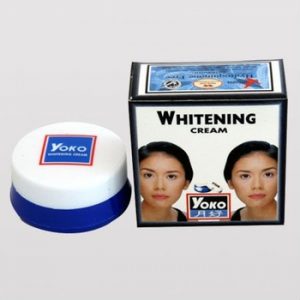 Yoko Whitening Cream 5gKD0.500
Yoko Whitening Cream 5gKD0.500 -
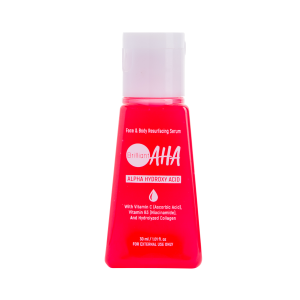 Face & Body Resurfacing Serum (Brilliant AHA) 30 mLKD3.000
Face & Body Resurfacing Serum (Brilliant AHA) 30 mLKD3.000 -
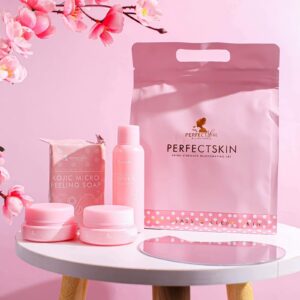 Perfect Skin Extra Strength Rejuvenating SetKD7.000
Perfect Skin Extra Strength Rejuvenating SetKD7.000 -
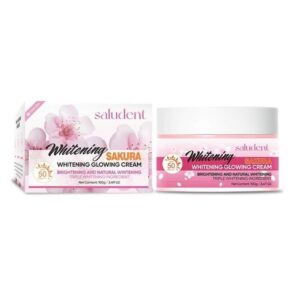 saludent, Whitening Sakura Whitening Glow Cream SPF50 100gKD6.000
saludent, Whitening Sakura Whitening Glow Cream SPF50 100gKD6.000 -
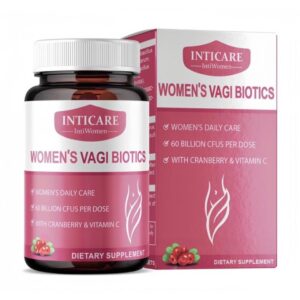 INTICARE intiWomen Women’s Vagi Biotics 30’sKD9.000
INTICARE intiWomen Women’s Vagi Biotics 30’sKD9.000 -
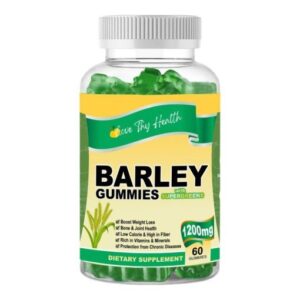 Barley Gummies with Super Greens 1200mg 60 GummiesKD7.000
Barley Gummies with Super Greens 1200mg 60 GummiesKD7.000 -
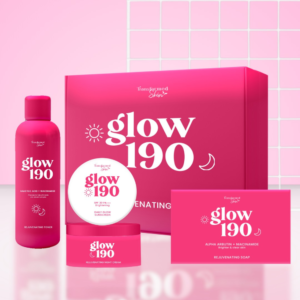 Glow 190 Rejuvenating Set by Transformed SkinKD8.000
Glow 190 Rejuvenating Set by Transformed SkinKD8.000 -
Product on sale
 Beauty Collagen Vitamin C Powder 300gOriginal price was: KD15.000.KD13.000Current price is: KD13.000.
Beauty Collagen Vitamin C Powder 300gOriginal price was: KD15.000.KD13.000Current price is: KD13.000. -
Product on sale
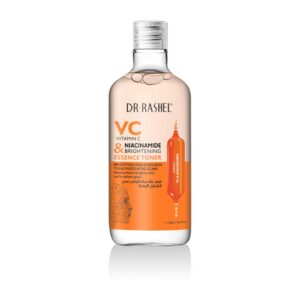 Dr.Rashel Vitamin C Niacinamide Brightening Essence Toner – 500mlOriginal price was: KD3.990.KD3.100Current price is: KD3.100.
Dr.Rashel Vitamin C Niacinamide Brightening Essence Toner – 500mlOriginal price was: KD3.990.KD3.100Current price is: KD3.100. -
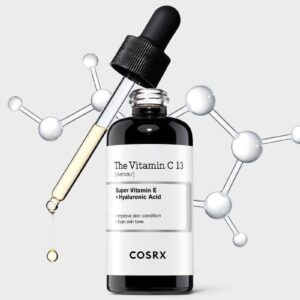 The Vitamin C 13 Serum 20mlKD6.500
The Vitamin C 13 Serum 20mlKD6.500 -
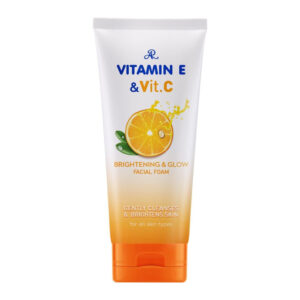 AR Vitamin E & Vit C Brightening Glow Facial Foam – 190gKD4.000
AR Vitamin E & Vit C Brightening Glow Facial Foam – 190gKD4.000 -
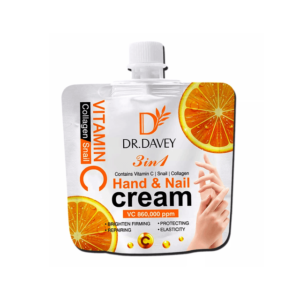 Dr. Davey Vitamin C Hand & Nail Cream – 30gKD2.490
Dr. Davey Vitamin C Hand & Nail Cream – 30gKD2.490 -
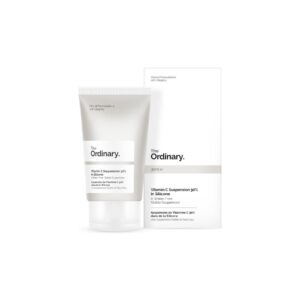 The Ordinary Vitamin C Suspension 30% in Silicone – 30mlKD6.000
The Ordinary Vitamin C Suspension 30% in Silicone – 30mlKD6.000 -
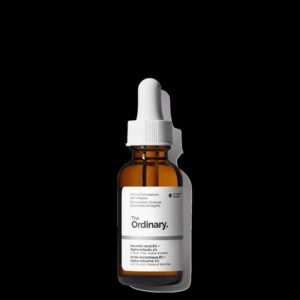 The Ordinary Ascorbic Acid 8% + Alpha Arbutin 2% Serum 30mLKD6.000
The Ordinary Ascorbic Acid 8% + Alpha Arbutin 2% Serum 30mLKD6.000 -
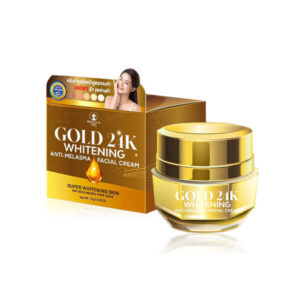 Precious Skin Gold 24K Whitening Anti-Melasma Facial Cream 15gKD2.450
Precious Skin Gold 24K Whitening Anti-Melasma Facial Cream 15gKD2.450 -
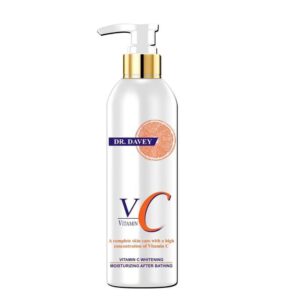 Dr.Davey Vitamin C Whitening Moisturizing After Bathing – 300mlKD2.490
Dr.Davey Vitamin C Whitening Moisturizing After Bathing – 300mlKD2.490 -
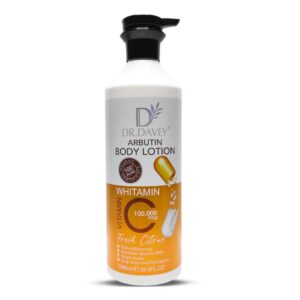 Dr. Davey Arbutin Body Lotion – 1080mlKD4.500
Dr. Davey Arbutin Body Lotion – 1080mlKD4.500 -
Product on sale
 Dark Spot Correcting Glow Cream 50mLOriginal price was: KD10.000.KD6.000Current price is: KD6.000.
Dark Spot Correcting Glow Cream 50mLOriginal price was: KD10.000.KD6.000Current price is: KD6.000.

